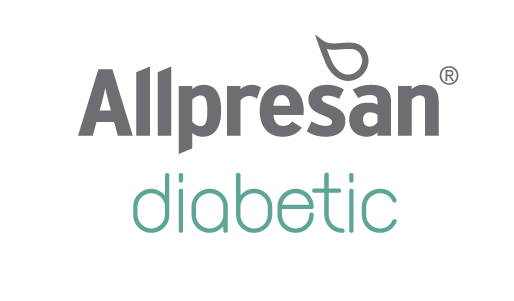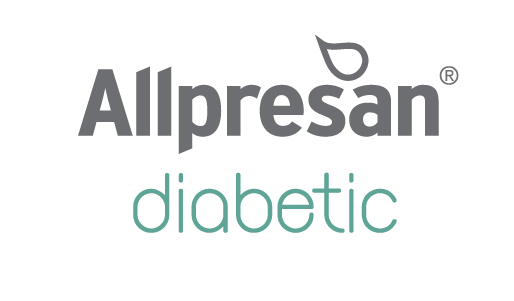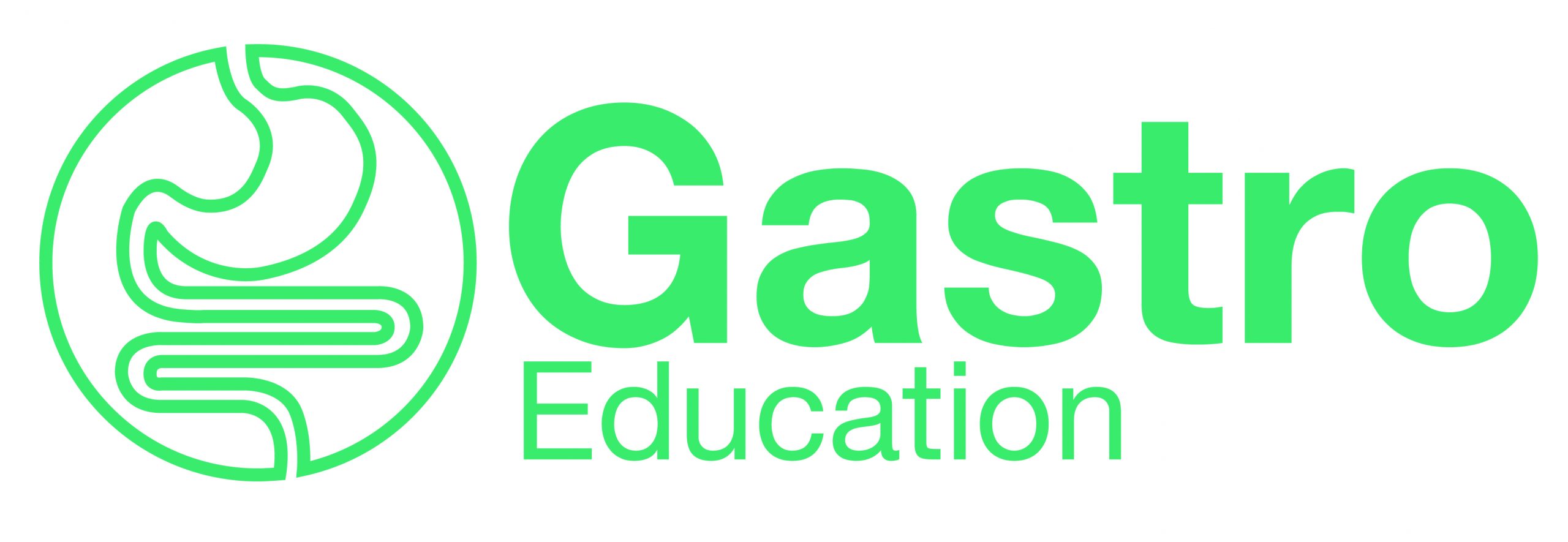This site is intended for health professionals only
This guideline covers managing acne vulgaris in adults, including advice to give regarding diet and managing relapses¹
Irritable bowel syndrome (often called "IBS") is a disorder that interferes with the normal functioning of the large bowel. The most common symptoms include pain or discomfort in the abdomen, bloating, an urgent need to empty the bowel, and changes in bowel habit (diarrhoea or constipation, or both).
Sponsored by:

This guideline covers care for women of any age (including girls and young women under 18) who request an abortion. It aims to improve the organisation of services and make them easier for women to access
This guideline covers preventing and treating surgical site infections in adults, young people and children who are having a surgical procedure involving a cut through the skin.
Attention deficit hyperactivity disorder: diagnosis and management
Sponsored by:

This guideline aims to improve the accuracy of diagnosis, help people to control their asthma and reduce the risk of asthma attacks. It does not cover managing severe asthma or acute asthma attacks.
Sponsored by:

The NICE guideline covers the care and management of type 2 diabetes in adults (aged 18 and over). It focuses on patient education, dietary advice, managing cardiovascular risk, managing blood glucose levels, and identifying and managing long-term complications.
This summary of guidance on Diabetic foot problems: prevention and management updates and replaces NICE guidelines CG10 (published January 2004) and CG119 (published March 2011), and the recommendations on foot care in NICE guideline CG15 (published July 2004). The full version of this guidance is available at www.nice.org.uk/guidance/ng19
Sponsored by:

Chronic obstructive pulmonary disease (COPD) is a condition that makes breathing difficult. COPD is a broad term that covers several lung conditions, including chronic bronchitis and emphysema. It usually develops because of long-term damage to the lungs from breathing in a harmful substance (such as cigarette smoke or chemical fumes). Around 835,000 people in the UK have been diagnosed with COPD, but it is thought that there are about 2 million people living with the disease who have not been diagnosed.
Autism was once believed to be an uncommon disorder; however, recent studies have reported increased prevalence and now at least 1 in 100 children is thought to be autistic. This has led to increased demand for diagnostic services for children and young people of all ages in the health service.
Fragility fractures are often linked to osteoporosis - the condition where bone tissue deteriorates and the bone density is lower than normal. This can lead to the bone fracturing as a result of a force that wouldn't normally cause a break in a healthy bone, such as a fall from a standing height or less.
NICE published its first clinical guideline on the management of lower urinary tract dysfunction in neurological disease. The function of the lower urinary tract (consisting of the urinary bladder and urethra) is to store and expel urine in a coordinated and controlled manner. This activity is regulated by the central and peripheral nervous systems, and so if there is neurological disease, urinary symptoms can arise.
Around 35,000 men are diagnosed with and 10,000 men die from prostate cancer in England and Wales every year, making it one of the most common cancers in men. However, it can also be a slow growing cancer and may not necessarily affect a man's general health for many years.
This guideline deals specifically with type 1 diabetes, which results from the inability of the body to produce sufficient insulin or from its inability to deal with the intake of glucose from the diet. It is aimed specifically at the diagnosis and management of type 1 diabetes in adults.
A new clinical guideline from the National Institute for Health and Care Excellence (NICE) hopes to ease the physical and mental distress felt by people who have the incurable bowel disease ulcerative colitis. Ulcerative colitis is the most common type of inflammatory disease of the bowel. There are around 146,000 people in the UK with a diagnosis of ulcerative colitis, the cause of the chronic condition is unknown. It can develop at any age, but peak incidence is between the ages of 15 and 25 years, with a second, smaller peak between 55 and 65.
It is believed that psoriasis affects over 1.3 million people in the UK and the disease can contribute to low self-esteem, anxiety, embarrassment and depression. Nurses and GPs can play a key role in the assessment and management of psoriasis by assessing the impact psoriasis has on the physical, psychological and social wellbeing of their patients.
This guideline covers care for women of any age (including girls and young women under 18) who request an abortion. It aims to improve the organisation of services and make them easier for women to access
This guideline aims to improve the accuracy of diagnosis, help people to control their asthma and reduce the risk of asthma attacks. It does not cover managing severe asthma or acute asthma attacks.
Sponsored by:

Urinary incontinence (UI) is a common symptom that can affect women of all ages, with a wide range of severity and nature. While rarely life-threatening,incontinence may seriously influence the physical, psychological and social wellbeing of affected individuals.
The guideline, Edoxaban for preventing stroke and systemic embolism in people with non-valvular atrial fibrillation, focuses on the technology, a summary of the Appraisal Committee’s key conclusions, and implementation of edoxaban.
The NICE guideline covers the care and management of type 2 diabetes in adults (aged 18 and over). It focuses on patient education, dietary advice, managing cardiovascular risk, managing blood glucose levels, and identifying and managing long-term complications.
This summary of guidance on Diabetic foot problems: prevention and management updates and replaces NICE guidelines CG10 (published January 2004) and CG119 (published March 2011), and the recommendations on foot care in NICE guideline CG15 (published July 2004). The full version of this guidance is available at www.nice.org.uk/guidance/ng19
Sponsored by:

This is a summary of guidance on the recognition, assesment and management of coeliac disease in children, young people and adults.
Sponsored by:

This guidance was developed using the NICE medical technologies guidance process. It has been incorporated into the NICE pathways on pressure ulcer management and diabetes, along with other related guidance and products. We have produced a summary of this guidance for the public.
Sponsored by:

High blood pressure is one of the most important preventable causes of premature ill health and death in the UK. It is a major risk factor for stroke, heart attack, heart failure, chronic kidney disease, cognitive decline and premature death. Primary hypertension is diagnosed when there is no simple identifiable cause of the raised blood pressure: the hypertension may be partly related to obesity, dietary factors such as salt intake, physical inactivity or genetic inheritance.
Epilepsy is a common neurological disorder characterised by recurring seizures. The condition presents by way of seizures, which depend on the area of the brain affected, the pattern and speed of epileptic discharges through the brain, the cause and the age of the individual. Different types of epilepsy have different causes. Epilepsy has been estimated to affect between 362,000 and 415,000 people in England, although accurate estimates of incidence and prevalence are difficult to achieve because there can be challenges and inaccuracies in identification and diagnosis. Two-thirds of people with active epilepsy have their epilepsy controlled satisfactorily with AEDs. Other approaches may include surgery. Optimal management improves health outcomes and can also help to minimise other, often detrimental, impacts on social, educational and employment activity.
Headaches are one of the most common neurological problems presented in the NHS; more than 10 million people in the UK experience regular or frequent headaches and they account for around one in 25 of all consultations in general practice. They are painful and debilitating and are a cause of absence from work or school. The NICE guideline advises on the diagnosis and management of the most common headache types seen by healthcare professionals.
Food allergies are adverse immune responses to food allergens. Among the most common of allergic disorders, they are recognised as a major paediatric health problem in western countries. Reactions can be extremely severe, and hospital admissions in the UK for food allergies have increased by 500% since 1990.
This guideline covers preventing and treating surgical site infections in adults, young people and children who are having a surgical procedure involving a cut through the skin.
Attention deficit hyperactivity disorder: diagnosis and management
Sponsored by:

Breast cancer is one of the most common cancers in women in England and Wales with about 46,000 new cases diagnosed and 10,900 deaths recorded each year. Around 1 in 9 women develop breast cancer at some stage in their life. Most breast cancers develop in women over 50 years, but they can also occur in younger women and, in rare cases, in men. There are around 260 cases of breast cancer diagnosed and 68 deaths recorded in men in England and Wales each year.
People who need anticoagulation therapy Anticoagulation therapy is needed for people with a range of different conditions, who are identified in a range of settings and, in the case of deep vein thrombosis and pulmonary embolism, require urgent intervention.
Quality standard on the diagnosis and treatment of asthma in adults, young people and children aged 12 months and older.
Sponsored by:

Alcohol dependence is characterised by craving, tolerance, and a pre-occupation with alcohol and continued drinking in spite of its harmful consequences, such as liver disease or depression. Alcohol dependence is also associated with increased criminal activity and domestic violence and an increased rate of significant mental and physical disorders.
ADHD is the most common behavioural disorder in the UK, and is estimated to affect 2-5% of school-aged children and young people. By the age of 25, an estimated 15% of people diagnosed with childhood ADHD still have a full range of symptoms, and 65% still have some symptoms that affect their daily lives.
The quality standard QS114 Irritable bowel syndrome in adults covers the diagnosis and management of irritable bowel syndrome in adults. It does not cover other gastrointestinal disorders such as non‑ulcer dyspepsia, coeliac disease and inflammatory bowel disease.
Sponsored by:

The quality standard QS118 Food allergy covers the diagnosis, assessment and management of food allergy in children, young people and adults. Children and young people are those aged under 19.
Sponsored by:

IMPORTANT LINKS

Sign up today to receive the latest news, business insight, blogs and case studies via newsletters as it happens.